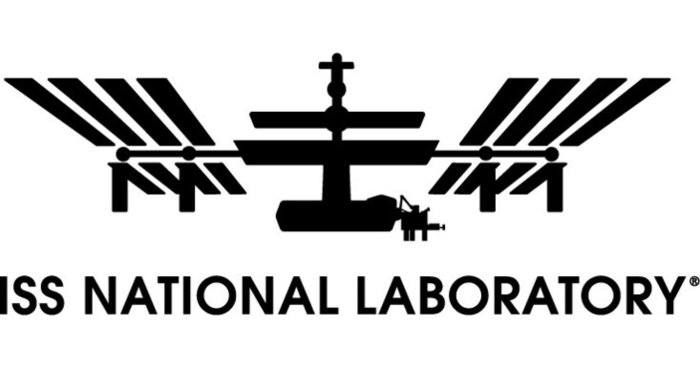On December 22, SpaceX’s 29th Commercial Resupply Services (CRS) mission, contracted by NASA, successfully concluded as dozens of science and technology development payloads returned to Earth from the International Space Station (ISS).
The mission included over 30 payloads sponsored by the ISS National Laboratory, with a focus on life science investigations aimed at improving patient care on Earth.
SpaceX CRS-29 Payloads
Some of the notable payloads that returned on SpaceX CRS-29 include research on melanin production in microgravity, aging and liver regeneration, microgravity’s impact on stem-cell derived brain organoids, the growth and function of heart muscle cells, and the maturation of human brain cells.

These investigations have the potential to lead to new biomaterials, novel therapies, and advancements in disease modeling and treatment.
The ISS National Lab continues to provide opportunities for researchers to utilize the unique environment of the ISS for the benefit of humanity and to foster commercial growth in space. [see release]
Key Takeaways
- SpaceX’s 29th CRS mission, contracted by NASA, successfully concluded with the return of science and technology development payloads from the ISS.
- Over 30 payloads sponsored by the ISS National Laboratory® returned, with a focus on life science investigations.
- Notable investigations include research on melanin production, aging and liver regeneration, microgravity’s impact on stem-cell derived brain organoids, heart muscle cell growth, and the maturation of human brain cells.
- These investigations have the potential to lead to new biomaterials, novel therapies, and advancements in disease modeling and treatment.
- The ISS National Lab continues to provide opportunities for researchers to utilize the unique environment of the ISS for the benefit of humanity and to foster commercial growth in space.


